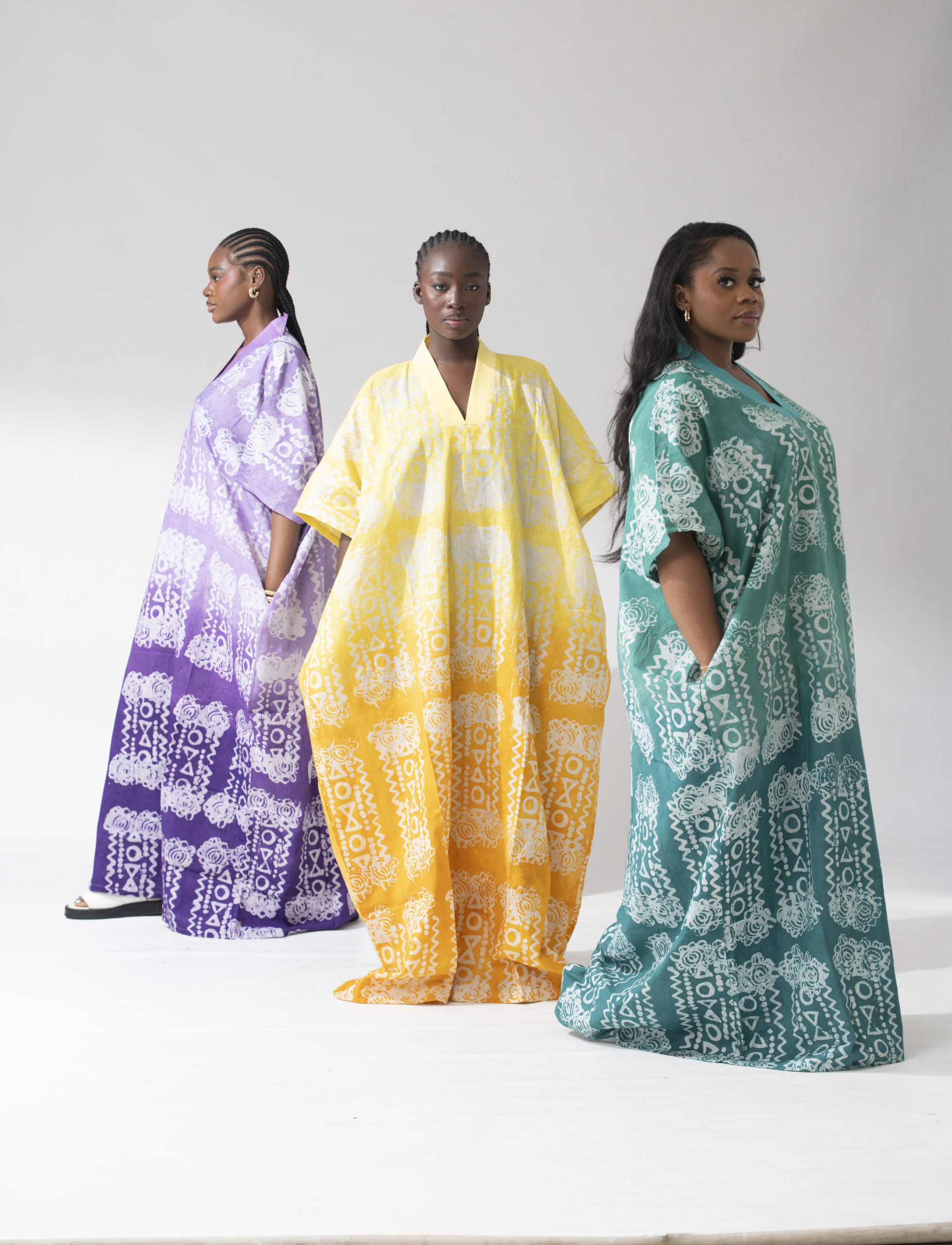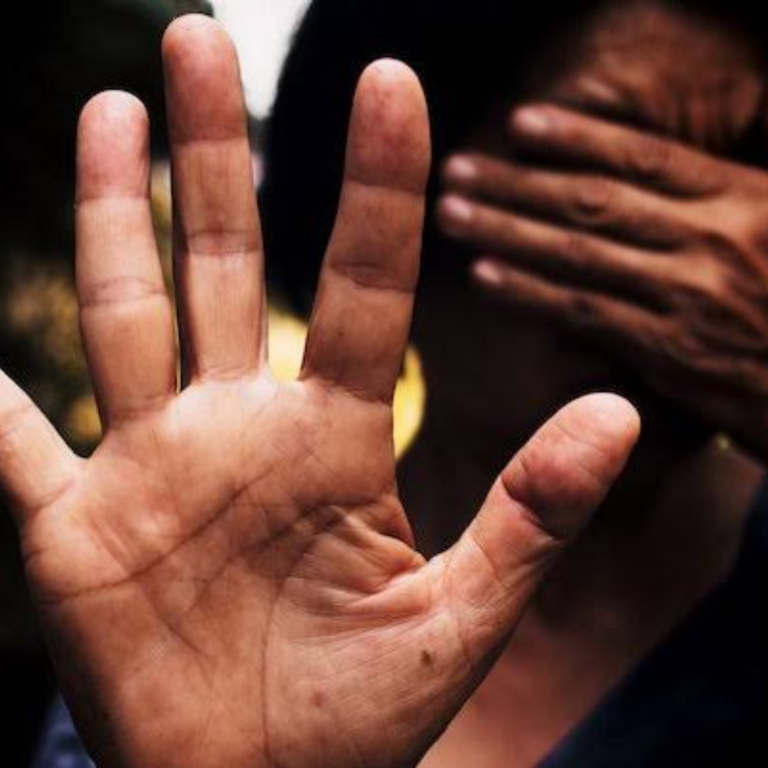Valentine is coming; where’s ya candidate?
“About a month ago, I liked your pictures” are the lyrics to a song that’s always on the lips of Nigerians every February. But in 2023, that song won’t enjoy its usual annual fame, as Nigerians will be too busy getting ready to vote for their next president on February 25th 2023.
It’s almost eight years since the tenure of the current administration began and the stakes have never been higher. The battle is on for who’ll become the next Nigerian president.
…and there’s a long queue of candidates
Every political party is trying to win the hearts of Nigerians and the action is happening everywhere, including on Twitter where political seduction is in full swing.
As politicians seek to dominate Twitter for the purpose of election, there’s a question that’s become prominent: Is Twitter sentiment influential enough to determine the outcome of the 2023 election?
But before I attempt to answer the question, an important announcement: this is a non-partisan piece. This piece doesn’t endorse or discredit any candidate. You have your choice to make. Vote wisely.
What are the numbers saying?
Let’s start with a statistical dive into the previous elections. After our dive, we’ll analyse and draw some sensible conclusions. I’m not your STS101 lecturer so I won’t be boring, I promise.
I tried to get INEC’s data from the past elections and it wasn’t a very friendly process. I couldn’t find all I needed concerning the previous elections, but let’s work with the little I found.
First, what do we know?
Let’s start with the number of voters.
At the end of the 2019 elections, INEC declared a total number of 84 million voters. You can verify this on INEC’s home page.
INEC’s homepage
Interestingly, INEC’s post-election report in 2019 indicated that only 36% of those 84 million registered voters turned up to vote on election day. You can access INEC’s summary of 2019’s election here.
INEC’s 2019 election result summary
In the above image, there is a “percentage turnout” at the bottom. This turnout represents the number of people among the registered voters who voted on election day. For example, if Country A has 100 registered voters and 50 people go out to vote on election day, it means the percentage turnout of voters is 50%.
The percentage turnout for the 2019 general election reflected a prevailing culture of “chilling at home” on election day among Nigerians who are registered to vote.
I know what you’re thinking: “But there’ll be more voters for this election.” Of course, there’ll be more voters. The question is how many new voters?
First, we’ll try to compare the average increase in registered voters every four years, then see what increase we’re working with for 2023.
Unfortunately, I could only obtain useful data for the 2015 and 2019 elections. Every other data source for the previous election wasn’t directly attributed to INEC, so I decided to leave them out. Let’s look at the 2015 election data obtained from INEC’s report. This data is available for public viewing here.
INEC’s 2015 election result summary
In 2015, 47% of the registered voters showed up for the election but the percentage turnout in 2019 was just 36%. This means that the percentage turnout rate fell by 11% between 2015 and 2019. In four years, more people decided to abstain from voting on election day.
What are we expecting on 2023?
According to INEC reports, the total number of registered voters increased from 67 million in 2015 to 84 million in 2019. This means the number of registered voters grew by 17 million between 2015 and 2019, a whopping 25% growth rate.
The voters’ registration exercise for the 2023 election ended on July 31st, 2022 and the following day, INEC reported approximately 12.2 million newly-registered voters.
INEC will still verify the new accounts, which means the tally will still likely drop by one or two million, but as it stands Nigeria has 96.2 million voters registered for the 2023 elections.
Working with that figure, the question is will they all vote on election day?
ALSO READ: What We Learned From the PVC Registration Drive Now That It’s Over
We’re getting somewhere
From the last two elections, the voter percentage turnout didn’t reach the 50% margin. If that trend is anything to go by, it probably won’t reach 50% in 2023 too.
But let’s get optimistic and assume all the clamour for greater political participation pays off and more people are ready to exercise their franchise in 2023. If we assume a 50% voter turnout, it means we’re expecting 48.1 million voters on election day. That’s significantly more than the number of voters we’ve seen in the past two elections.
Twitter and the power within
The EndSARS protest in 2020 proved beyond doubt that Twitter has a significant influence in Nigeria. The movement started a Twitter trend and permeated global conscience and Nigerians took to the streets to demand change.
But we still have to determine if Twitter is influential enough to swing the outcome of the 2023 election.
Nigeria’s 2023 elections mean a lot to over 200 million citizens, but only an estimated 96.2 million of them have the power to vote. The data raises a question — how many of these registered voters are on the bird app?
How many registered voters are on Twitter?
We need to first figure out the question of how many of our expected 48.1 million voters are on Twitter. This isn’t an easy question to answer, but we can do some guesswork.
Is there a probability that a Twitter user who’ll vote on election day won’t engage with a tweet on a political subject?
How many retweets and likes can we find on these political tweets? How many tweets do we find under the hottest trends? 10k, 70k, 150k, 300k?
500k?
I checked the tweets of all the major presidential candidates and I found that, compared to the others, one of them had an overwhelming edge in popularity on the app. He had more likes and positive comments. So, I just decided to stick with that candidate. I checked through his tweets — all of his tweets, actually, because they were less than 500 in total. His most engaging tweet posted on June 7th, 2022 has 102k likes.
Let’s cook further

I checked the number of Twitter followers of the three major presidential candidates. I have a “no-name” policy so I’ll refer to them as Candidates A, B and C. At the time of putting this together, the total number of followers these candidates have are 1.3 million, 1.9 million and 4.4 million respectively.
The reality is that all their followers are not Nigerians. Also, not all their followers own a Permanent Voter’s Card (PVC). It’s also very common for one person to own up to four Twitter accounts and follow the same person on these four accounts. And of course, we also know that buying followers is a possibility.
Let’s make an “unrealistic” assumption and use the candidate with the highest number of Twitter followers to drive home the point.
If we place the candidate’s 4.4 million side-by-side with our expected 48.1 million voters, it’s not up to 10%. But are there even 4.4 million Nigerians on Twitter?
In July 2021, The Cable concluded that the number of Nigeria’s Twitter users is around three million. That publication, heavily referencing a report from Africa Check, estimated the number of Twitter users in Nigeria to be less than 3.4 million.
Recent data from Statista highlighted 20 countries with the highest number of Twitter users and Nigeria didn’t make the list. Cuba is currently at the bottom of Statista’s top 20 list with 4.3 million active Twitter users. This means that countries not on that list don’t have up to 4.3 million Twitter users.
If Nigeria’s active Twitter users are not up to 4.3 million, then, how many of these “less than 4.3 million” users are registered voters for the 2023 presidential election?
The plot thickens…
Twitter can try, but if statistics and numbers mean anything, Twitter alone can’t do too much. If the previous statement is true, then Twitter can’t be described as a major influence on the 2023 elections.
Of course, Twitter has a soft influence that can snowball into an outsized movement as we saw with EndSARS, but its population alone can’t swing a national election going by just the numbers. The perspective this offers is that the influence battle can start from Twitter but it needs to move offline where the larger populations of voters exist.
I don’t know who will sit in Aso Rock in 2023 and I choose not to make predictions. But I’m sure of one thing: the presidential election will be filled with unexpected twists, turns and roundabouts. May Nigeria win.
ALSO READ: How to Help Your Presidential Candidate Win Elections in Nigeria
‘Leke Olushuyi is an audience-oriented writer. He’s an accountant by day and a writer by night. Leke prides himself in providing content and finance-related services for businesses. He can be found on Twitter @LekeOlushuyi.




